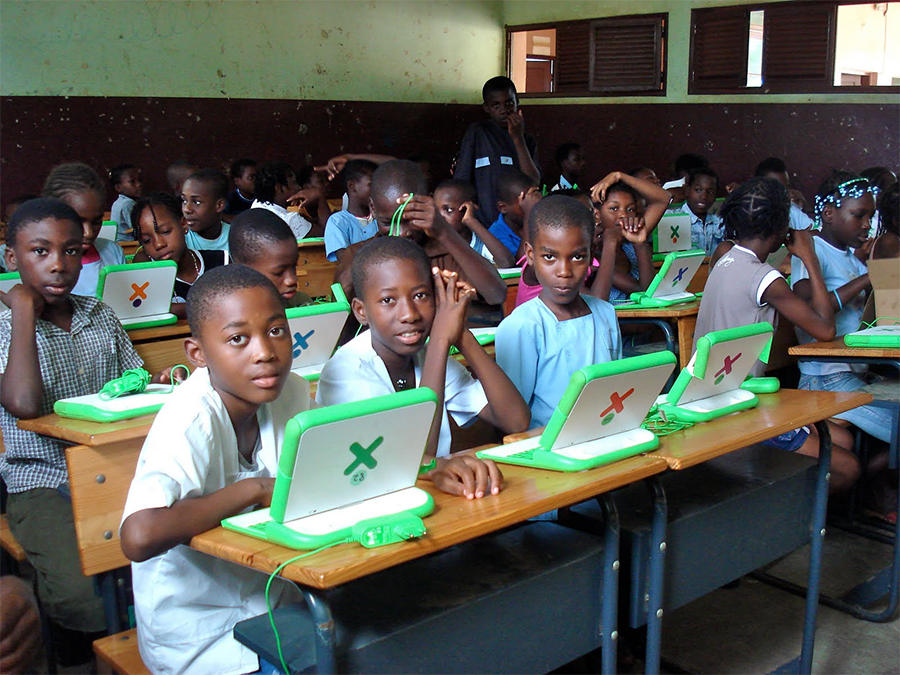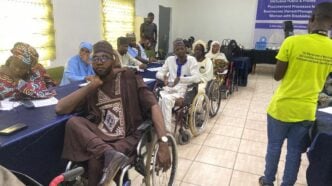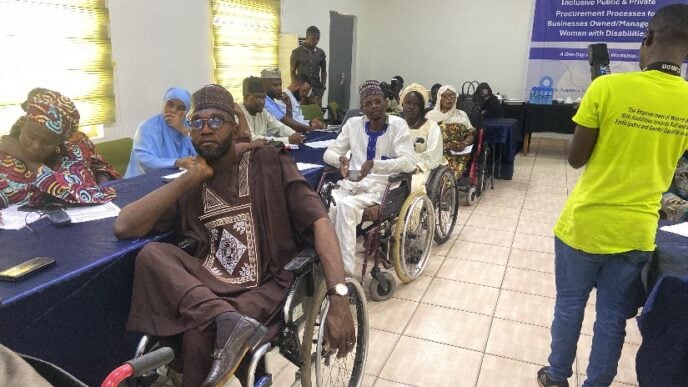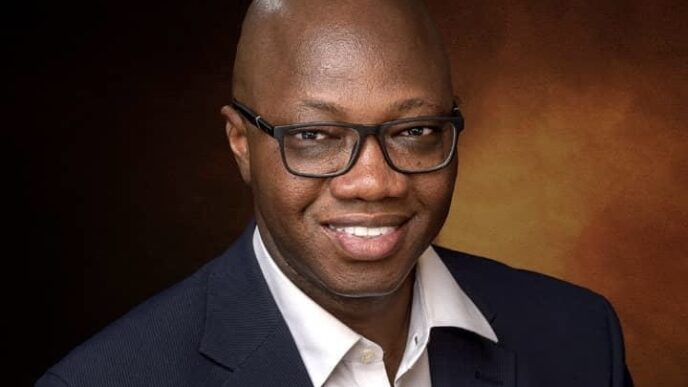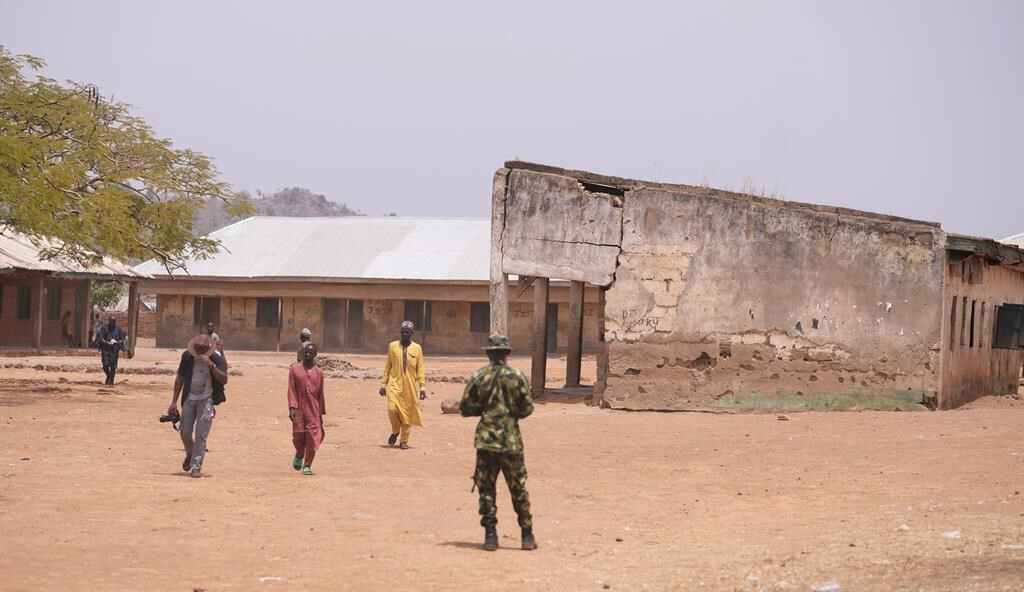Nigerian youths
BY OSENI OLUWATOBI
This is a difficult column to write. In public policy circles, few narratives are as seductive as the “youth bulge as a blessing.” The idea is straightforward: a country with a high proportion of young people should, in theory, enjoy a demographic dividend, a window where an abundant labor force drives productivity, innovation, and economic growth. But in Nigeria, this tidy economic parable collides with a more sobering reality.
A telling entry point into this is sports betting. In Nigeria, the average bettor spends roughly $15 per day. Compare this to the United Kingdom, where the daily average is about £5. At first glance, this may seem like a matter of personal entertainment choices. But the disparity is more telling than it appears. The UK’s per capita income is nearly 20 times higher than Nigeria’s. The UK has a robust welfare system, universal healthcare, and more effective regulatory frameworks to address problem gambling. Nigerians, by contrast, are spending proportionally more from significantly smaller incomes, without the safety nets or the institutional infrastructure to mitigate the consequences.
This is not an argument against sports betting per se. Rather, it is an illustration of the underlying economic and social dynamics that can turn a youth-heavy population from a growth engine into a vulnerability. With over 70% of its population under the age of 30, Nigeria is demographically young. But youth, in and of itself, is neither a guarantee of prosperity nor a safeguard against stagnation. Without the right structural conditions, a large youth population can become an amplifier for systemic weaknesses.
Advertisement
From a Foucauldian perspective, what we are witnessing is a form of governmentality, a set of institutional logics and power relations that shape how people behave, what aspirations are considered legitimate, and where human energy is directed. In Nigeria, the interplay between state capacity, market incentives, and global capital has inadvertently channelLed much of the dynamism of youth into survivalist, consumption-oriented activities. Betting, hustling in the informal sector, and speculative trading have become the primary pathways for economic participation for millions. These are not merely individual choices; they are systemic outcomes. So the next time you hear young people lose income to ponzi schemes, you should consider the underlaying cause.
The demographic dividend is often presented as an inevitability: more young workers mean more productivity, which means more growth. But this only materializes under a specific set of conditions, chief among them, high-quality education, inclusive economic growth, and functional governance. Without these, the “dividend” can invert into what my economists friends call a demographic burden. Instead of boosting GDP, a large youth population strains public services, fuels underemployment, and heightens political instability.
Nigeria’s labour market illustrates this tension vividly. According to the National Bureau of Statistics, youth unemployment hovers around 53%, with underemployment adding another 20%. The formal sector absorbs only a fraction of the two million people entering the labour force
Advertisement
annually. For the rest, the options are limited: gig work, informal trading, subsistence agriculture, and increasingly, migration. This is not the foundation for sustained growth; it is a pressure cooker.
Foucault’s work on discipline and biopolitics helps us see that the “curse” of a large youth population is not just about the absence of jobs, it’s also about how youth are governed, explicitly and implicitly. The state’s limited regulatory capacity allows exploitative markets, from unregulated betting platforms to predatory loan apps, to flourish. At the same time, youth are constantly fed aspirational narratives through digital media, many of which are disconnected from the structural realities of the Nigerian economy.
This creates a dangerous duality: a generation with high expectations and low structural capacity to meet them. When consumption becomes the dominant mode of participation in the economy, human capital is underutilized, and the social contract frays. The resulting frustration can manifest in various ways, political unrest, migration surges, or the quiet resignation of “japa” culture, where leaving the country is seen as the most rational life choice. Unfortunately, they return in droves as immigration laws across the world changes, most poorer than they left.
There is no law of nature dictating that a large youth population must become a liability. East Asian economies in the late 20th century, South Korea, Taiwan, and Singapore, transformed their youth bulges into engines of growth through industrialization, education reforms, and export-oriented strategies. But these transformations were deliberate, sustained, and embedded in coherent state policies.
Advertisement
Nigeria’s challenge is compounded by timing. The global economy is amid technological shifts, automation, artificial intelligence, and green transitions that are already reducing the labor intensity of growth. Jobs that might have absorbed millions of young Nigerians in the manufacturing sector in previous decades are now being automated or outsourced elsewhere. In this context, the cost of policy inaction is even higher.
If there is a metaphor that captures Nigeria’s youth predicament, it is this: the world is boarding the AI express train, and we are still at the station, debating the cost of the ticket. While countries with smaller populations and fewer natural resources are already embedding artificial intelligence into their economies, education systems, and governance, Nigeria’s youthful majority remains largely excluded from this technological revolution.
The AI wave is not merely a technological trend; it is the defining economic shift of our time. The nations that master AI will dominate the next phase of global productivity, wealth creation, and even cultural influence. In China, India, and parts of Eastern Europe, entire ecosystems are emerging around AI: coding bootcamps, machine learning research hubs, startup accelerators, and integrated policies to nurture local talent. In Nigeria, by contrast, the conversation around AI remains niche, underfunded, and disconnected from the broader public policy agenda.
This absence is not just a policy oversight; it is a structural hazard. Our young population, heralded as a demographic advantage, is growing up in an economy where the cutting-edge tools of wealth creation are neither taught nor accessible. A 22-year-old in Bangalore or Warsaw can expect to find AI literacy embedded in university curricula, industry internships, and public innovation programs. A 22-year-old in Lagos is more likely to encounter AI as a buzzword on social media, not as a tangible skill set with career potential.
Advertisement
This gap carries economic consequences that compound over time. The AI economy is winner-takes-most. Early adopters shape the algorithms, control the data flows, and set the standards that others must follow. Countries that miss the initial wave do not simply enter late; they enter on the terms set by others, often as consumers of foreign technology rather than producers. The result is a dependency trap. Nigeria’s youth will be buying AI solutions from abroad rather than building them at home, sending capital and data out of the country instead of retaining and monetizing them domestically.
The tragedy here is not merely technological; it is social. In the absence of competitive, future-proof opportunities, youth energy diverts into low-value or even destructive pursuits. Sports betting becomes a symptom, not a cause, of economic stagnation. The entertainment industries saturate ambition. Social media becomes a substitute for skill acquisition. The sheer human potential of Nigeria’s youth is underutilized at a scale that is both economically irrational and morally indefensible.
Advertisement
If the youth bulge is to be a blessing, the AI wave must be our test case. We cannot continue with policies that relegate digital transformation to a side conversation. AI literacy should be as fundamental as numeracy in our education system. Local AI applications, in agriculture, health, finance, and public administration, should receive the same urgency as oil exploration once did. The alternative is clear: we will have a generation of young Nigerians perfectly poised to consume the future that others create, but structurally locked out of shaping it.
Young people in Nigeria are being left behind in the only race that matters for the next century.
Advertisement
Oseni Oluwatobi can be contacted via [email protected]
Advertisement
Views expressed by contributors are strictly personal and not of TheCable.

